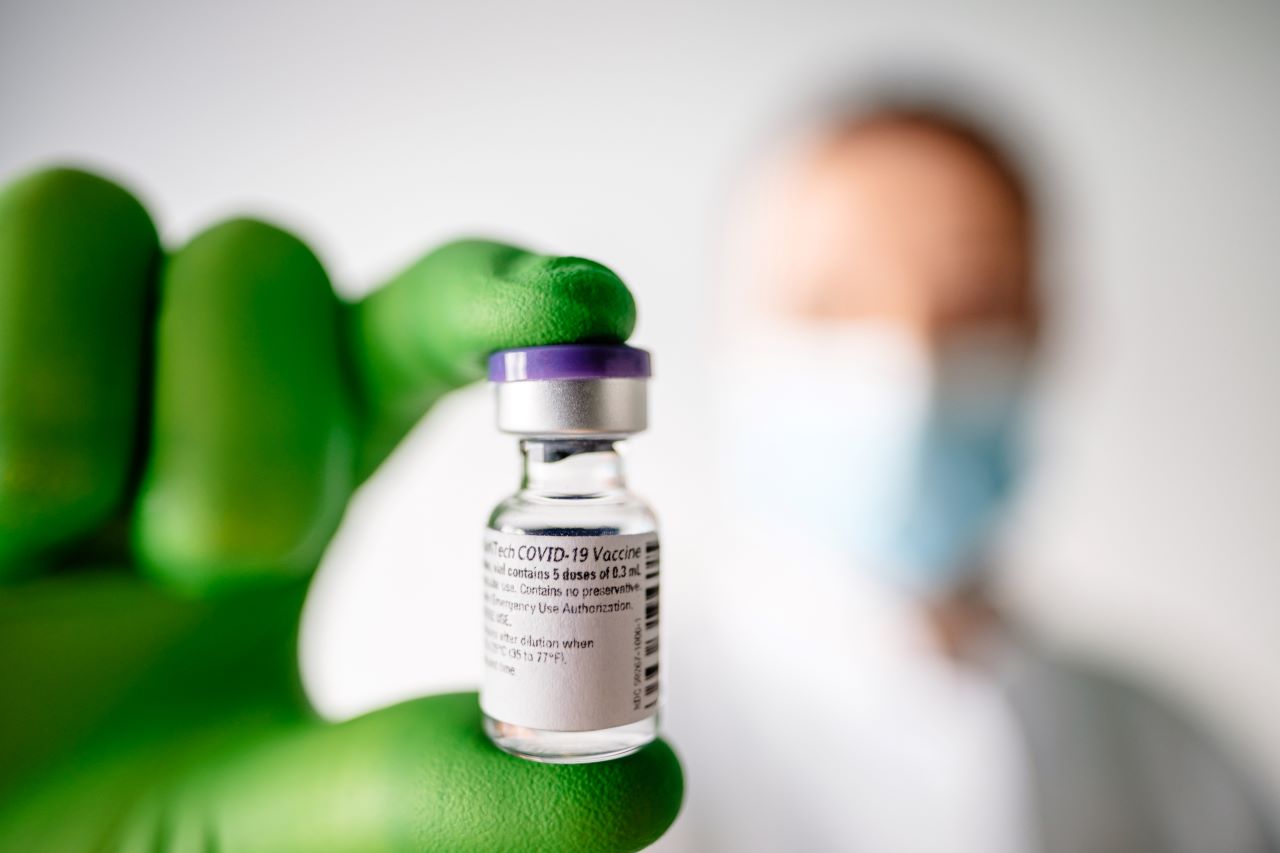A four-state review panel at Oregon declared the Pfizer-BioNTech coronavirus vaccine safe and effective for use and awaited its first consignment on Monday. While healthcare workers will be the first ones to be vaccinated, economists believe the process could take months. However, rigorous programmes are in place to vaccinate 70% of the adults by Autumn, the threshold for achieving herd immunity.
Tim Duy
Tim Duy, an economist, re-tweeted an article on the Oregon Health Authority (OHA) expecting the first batch of coronavirus vaccines to arrive on Monday. Although it was unclear if the public would be inoculated immediately and how many people would be vaccinated on the first day, a scientific review panel declared the Pfizer vaccine safe and effective for use against the Covid-19 disease, the article highlighted.
The review panel also called for the vaccine to be administered immediately in Oregon, Washington, California, and Nevada. State officials announced that they would be receiving 35,100 doses of the Pfizer-BioNTech vaccine in the current week to initially inoculate its frontline healthcare workers and long-term care facilities staff.
Health authorities also confirmed that by the end of December, Oregon’s total vaccine capacity will reach between 197,500 and 228,400 doses. These totals include Moderna’s yet-to-be approved vaccine for people who are yet to receive their second shot. Officials also stated that Oregon’s December allotment was enough to vaccinate approximately 100,000 residents, the article further detailed.
The @OHAOregon expects coronavirus vaccines to arrive on Monday.
It's unclear if vaccinations will begin immediately or how many people would receive it the first day.https://t.co/PVIpMASdm7
 GlobalData Strategic Intelligence
GlobalData Strategic IntelligenceUS Tariffs are shifting - will you react or anticipate?
Don’t let policy changes catch you off guard. Stay proactive with real-time data and expert analysis.
By GlobalData— Brad Schmidt (@_Brad_Schmidt) December 13, 2020
David Wessel
David Wessel, a journalist and director of the Hutchins Centre on Fiscal and Monetary Policy, shared an article on the next six months after vaccine approvals being vaccine purgatory, a period where people will despair, worry and be confused about who will be prioritised for inoculations and how long will people have to wait their turn.
While the end of the pandemic is in sight, economists believe that developed nations such as the US will take several months for people to be vaccinated to resume normal life. Therefore, the next six months will be chaotic for people, with possibilities in vaccine delays, fights over prioritising inoculation, and how the vaccinated are recovering and how they should exercise caution, the article detailed.
The question before nations is how long will the purgatory last, and how effective will programmes such as the Operation Warp Speed be in meeting their required deadline of vaccinating nearly all of the US by June, the article noted.
Economists further believe that vaccine developers such as Pfizer and Moderna, the FDA-approved forerunners in the vaccine race, cannot remain complacent and hit delays in manufacturing. Likewise, AstraZeneca and Johnson & Johnson need to fast-track approval of their vaccine candidates early next year.
Additionally, one’s anguish will also depend on where one lives. For instance, every state in the US is authorised to use the vaccines the way it wants once it receives them. Consequently, one could qualify as an essential worker in Illinois but not in Indiana. Therefore, the process of vaccine administration will be local, flexible, and most likely inconsistent and unfair, the article noted.
Good piece. The Next Six Months Will Be Vaccine Purgatory. The period after a vaccine is approved will be strange and confusing, as certain groups of people get vaccinated but others have to wait. By @sarahzhang in @TheAtlantic https://t.co/H2mTyw3OxP
— David Wessel (@davidmwessel) December 14, 2020
Branco Milanovic
Branco Milanovic, an economist, shared an ABC News clip on Bill de Blasio, the NYC mayor expressing his views on all forms of restrictions to be enforced at the moment to break the second wave of the coronavirus infections in the US.
Governors and state officials have deemed it necessary to go for a complete shutdown like the one at the end of Spring, Blasio added.
This directly implied that people and companies would have to reconsider and readjust to working remotely as the likelihood for stricter restrictions increased. He further adds that although the shutdown could last for few weeks, officials are not ruling out preparedness for extended lockdowns and restrictions given the rise in infection rates across the country.
Shutdown looming. https://t.co/WCtTzXDJHK
— Branko Milanovic (@BrankoMilan) December 14, 2020




